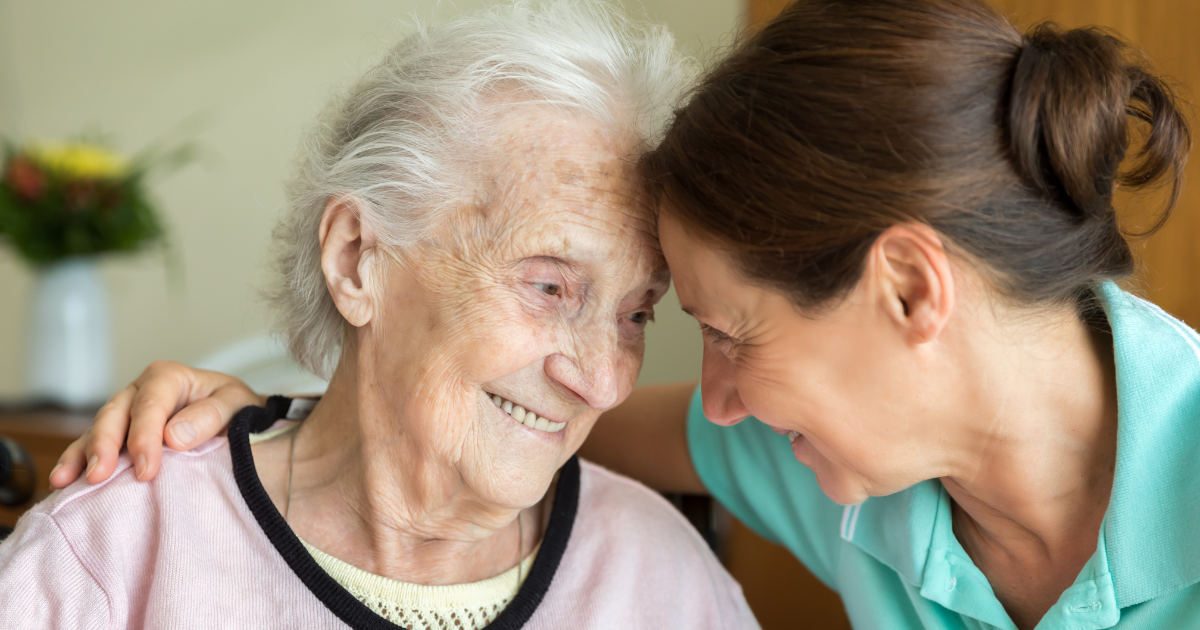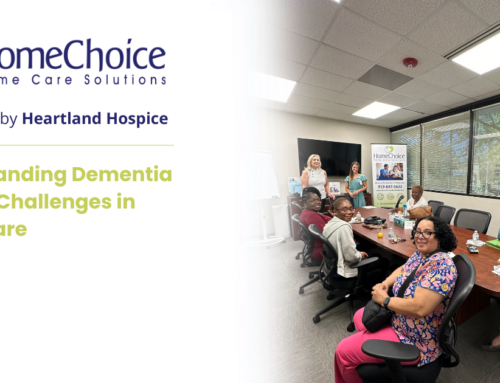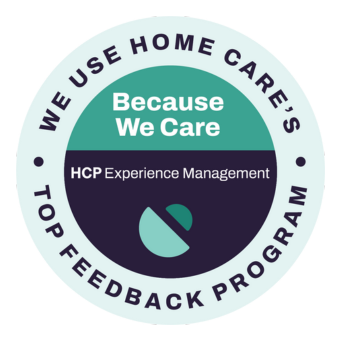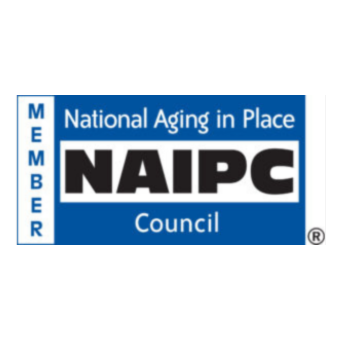Every family has its unique dynamics. When a family member needs dementia care, a family’s relationships and roles with one another usually begin to shift. Navigating these changing family dynamics can bring a family closer or drive them farther apart.
How family dynamics change
Knowing the types of changes in family dynamics that can occur and their effects can help you and your family navigate the changes more effectively. Here are some of the changes which impact families:
Role reversal
When a loved one is diagnosed with Alzheimer’s or another dementia-related disorder, you or another family member may initially serve as the primary caregiver. Often, a caregiver experiences feelings of grief as they administer the care that their parent once provided them, such as feeding, bathing, dressing, and other activities of daily living.
Increase in guilt
Feelings of guilt may also arise for the caregiver and other family members. They may not feel like they’re adequately caring for their loved one or feel guilty because they are tired and need a break.
Resentment
Caring for a loved one with dementia brings additional responsibilities and an increased time commitment. This can cause resentment on the caregiver’s part towards their loved one. Caregivers may also experience resentment towards other family members who they feel are not providing ample help and support.
Emotional changes
In addition to guilt and resentment, family members may also experience a range of emotions directed at a parent, siblings, and other family members. These emotions can range from anger over the situation to fear of what will happen to their loved one.
Adjusting to changing family dynamics
To effectively handle the changing family dynamics resulting from a loved one having dementia, families need to band together with open communication, understanding, and compassion.
Here are some tips for helping you and your family navigate the changes:
Be patient
Adjusting to the changes is not going to happen overnight for you, your family, or your loved one. Alzheimer’s and dementia are progressive diseases requiring ongoing adjustments by everyone. Every step in this journey is a new one for everyone; patience is indeed a necessary virtue as your family goes forward together.
Come together
There is strength in numbers. No family member should have to take full responsibility for caregiving if there are siblings or close friends who can help. Everyone can pitch in and help with companionship, meals, laundry, home maintenance, trips to the doctor, and other daily activities.
Have family meetings
Open communication is vital to a family caring for a loved one with dementia. Talking together about how the disease is progressing, how the current level of care is working, and what everyone can do to step up are important talking points for family meetings.
HomeChoice Home Care Solutions can help your family adjust as you care for a loved one with dementia. Our respite care services can give you and your family members the break you need to rest and recover from the stress of being a family caregiver. And, you’ll have peace of mind knowing that a professional is caring for your loved one.
Contact HomeChoice Home Care Solutions today and learn more about our senior care services. Our trained, compassionate caregivers will help your loved one age in the place where they want to be most – at home.












